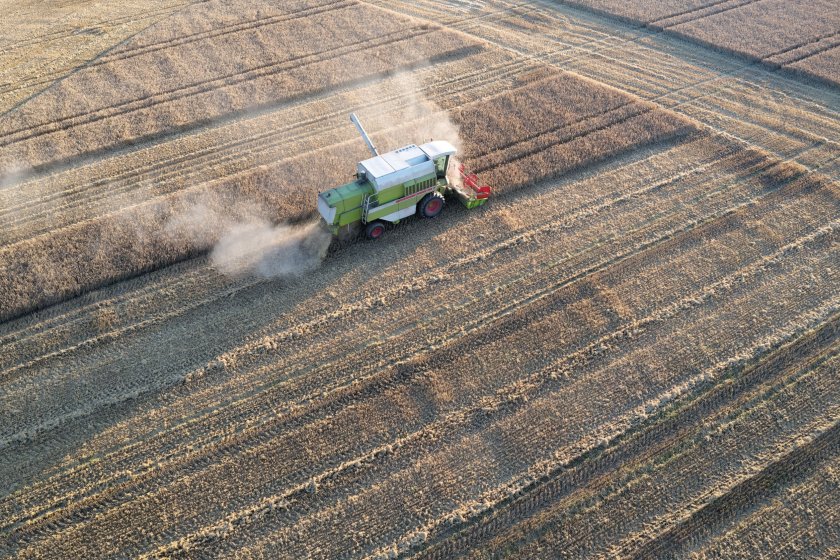
Some areas of Scotland are struggling to finish combining with the wet weather now holding back autumn plantings, NFU Scotland has said.
Responses to the union's annual harvest survey from around Scotland have highlighted the impact that weather has had on Scottish crops.
Average yields recorded by respondents were: spring barley, 5.7 tonnes per hectare (t/ha); winter wheat, 9.5 t/ha; winter oats, 7.4 t/ha; spring oats, 6.3 t/ha; oilseed rape, 3.9 t/ha and rye, 7.8 t/ha.
Exactly 130 growers responded, with information on yields sent to SASA (Science and Advice for Scottish Agriculture) as it collects data to produce crop estimates.
Farmers provided a very mixed picture from around Scotland, with some describing their harvest as 'brilliant', others describing it as 'average' and others finding it 'very challenging'.
Wet weather in recent weeks means that some areas, including parts of the North East and the Borders, have still to complete their harvest and are hoping for a dry spell.
Looking to the 2024 harvest, oilseed rape crops have been sown in good time and in good conditions, the survey shows.
However, many growers are 'frustrated' that winter barley and winter wheat sowing are being held back by the wet conditions as autumn nears.
NFU Scotland’s combinable crops chair, Willie Thomson said: “One trend clearly apparent from the results of the survey is how much better winter crops have fared this harvest when compared to spring sown crops.
“Winter crops sown in autumn 2022 came through into the spring in good condition and were well established and more resistant to the weather challenges that this year has brought.
"By comparison, spring crops have proven to be less resilient and for some around the country, we still desperately need a window in the weather for them to complete harvest."
He added that the hot dry summer followed by a wet autumn had been far from ideal for some farmers.
"The poor weather has not only delayed harvesting and planting but has also affected grain quality, particularly in spring barley, which is our biggest crop," he said.
"We will continue to assess what impact this is having on cash flow on Scottish arable farms."
NFU Scotland’s third annual intentions survey is due to be launched at the end of the year.”
